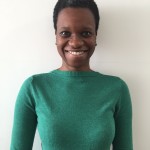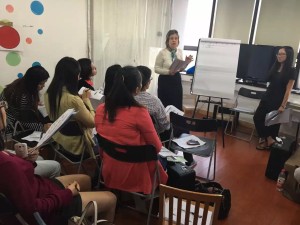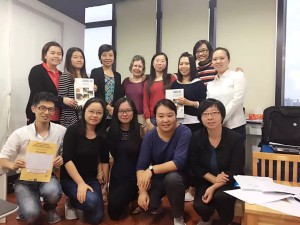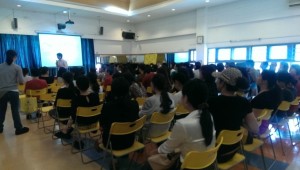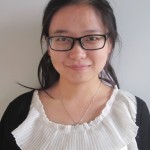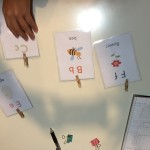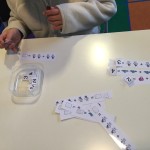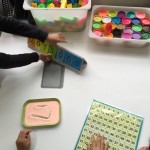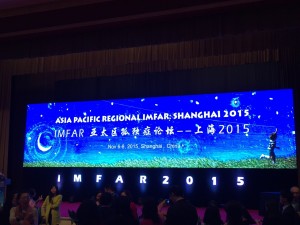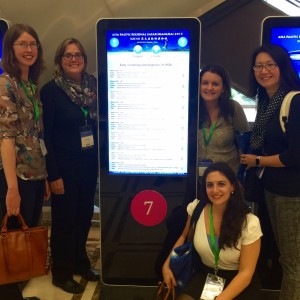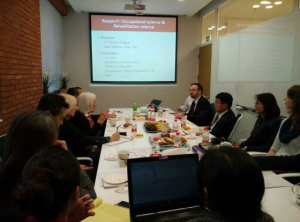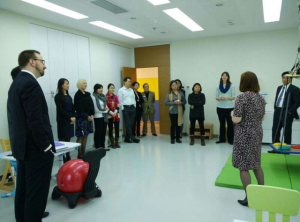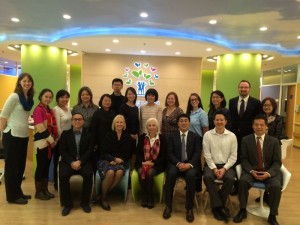Children experience many new and unfamiliar situations. Sometimes these situations can also seem new and unfamiliar to their parents! This is especially true for expatriate children who are living with their parents outside of their home culture. It may also be true for children who are attending a school that is different in curriculum, language, or expectations than the schools their parents attended, or where caregivers from several generations are supporting a child. For children (like their parents), depending on their personality, this can feel exciting and even overwhelming at times. Sometimes, as a caregiver, we may have the urge to establish an oasis at home in hopes of making our children feel more comfortable. Unfortunately, this can have the opposite effect and create a situation where the child has little exposure to others outside of their family. It’s important for all children to learn the verbal and non-verbal rules needed to participate in interactions with their peers.
Even though these rules may vary widely across various cultures, the intentions and goals of each interaction are relatively the same. Social interaction is something that we should participate in daily. Whenever your child is in a group of two or more people, it is important to see how well he or she can follow unwritten rules of social communication. For example, is he able to make eye contact to acknowledge a person or to make a request? Can he make a request by using a gesture or words? Is she able to start and maintain a conversation? Can she discuss a variety of topics? Is she able to recognize basic emotions in others? Can she change her response based on how someone else feels? If he is having trouble, do you (or others) jump in to communicate on his behalf or is he allowed to figure it out on his own? While most of us can make the correct decision in various social situations without giving it much thought, these interactions can be extremely difficult for those who have difficulty with social cues.
Here are a couple activities that you can try with your child at home to help increase their awareness of non-verbal cues and build on their skills:
- Eye Spy is a good activity if you would like your child to work on locating and referencing items in your immediate environment. Have your child take turns describing and searching for items in the room. Start by reminding students that eyes are like pointers that show what someone is thinking about. Choose something in the room to look at, and tell them they have to guess what you’re thinking of. In the beginning, choose items that are close by, then work up to things that are farther away. Tell students that this is why we look at others when we’re talking or listening to them–it shows them that we are thinking about them. For those who may need extra assistance, you can use a small pen light or flashlight to help them find the objects or you can give them a “hint” by cutting out a “thought bubble” and glue it to a popsicle stick. Use a small piece of tape to attach a clue about the item you’re thinking about (I use small squares of colored paper to show the child what color the object is).
- Use books to help your child learn about and understand idioms. One book that I recommend is In a Pickle and Other Funny Idioms by Marvin Terban. It gives a funny literal illustration and provides background history on each phrase. Once your child learns a few idioms, have them create a mini performance and act out the meaning of each one.
- Board games are great activities to encourage turntaking among peers. I like playing Chutes and Ladders for younger children and Operation or Headbandz for the older kids.
- Action games are a great way to engage children to have them give directions for others. Simon Says is great for younger children and Mother May I can hold the attention of older kids.
- Emotional Charades is a great game for kids who have difficulty recognizing basic emotions in others. Instead of using movie titles or animals or other typical words, use emotions. Take turns picking a slip of paper and then acting out the word written on it or have the child draw a picture and describe it.
- Storytelling is a great way to have a child work on turn taking and expanding their sentences by using their imagination. You can use photo cards to help your child decide what should be in the story. By adding pencil and paper, the child can draw small scenes to remember what is happening in the story and use the drawings to retell the story.
If you find that your child is having difficulty participating in these activities or if they present with a few of the following signs, you may want to consider consulting with a speech language pathologist: difficulty following directions that are not paired with visuals (pictures, objects), limited or no eye contact, doesn’t understand jokes or idioms, never initiates conversation with others, only wants to talk about him or herself, and/or doesn’t like to play with others.





